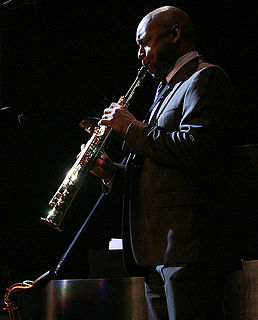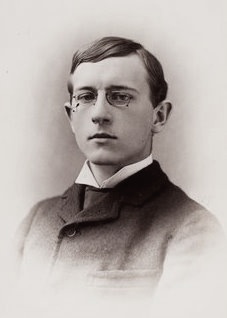A Quote by Travis Knight
Related Quotes
The key thing that I find that when you're kind of in boom times and you're hiring bunches, if you can hire, you know, always maintain very high standards and even if you, you know, can't find enough of, you know, what is typically called A players, then don't hire the people. All right? So, you know, use that as a way of standards.
We used to have adults who set standards, moral standards, cultural standards, legal standards. They were better than we were. They gave us something to aspire to. They were people that we described as having dignity and character. That's all gone now, particularly the upper levels of the Democrat Party. There isn't any of that kind of decency, dignity, character, morality.
Professional standards, the standards of ambition and selfishness, are always sliding downward toward expense, ostentation, and mediocrity. They tend always to narrow the ground of judgment. But amateur standards, the standards of love, are always straining upward toward the humble and the best. They enlarge the ground of judgment. The context of love is the world.




































